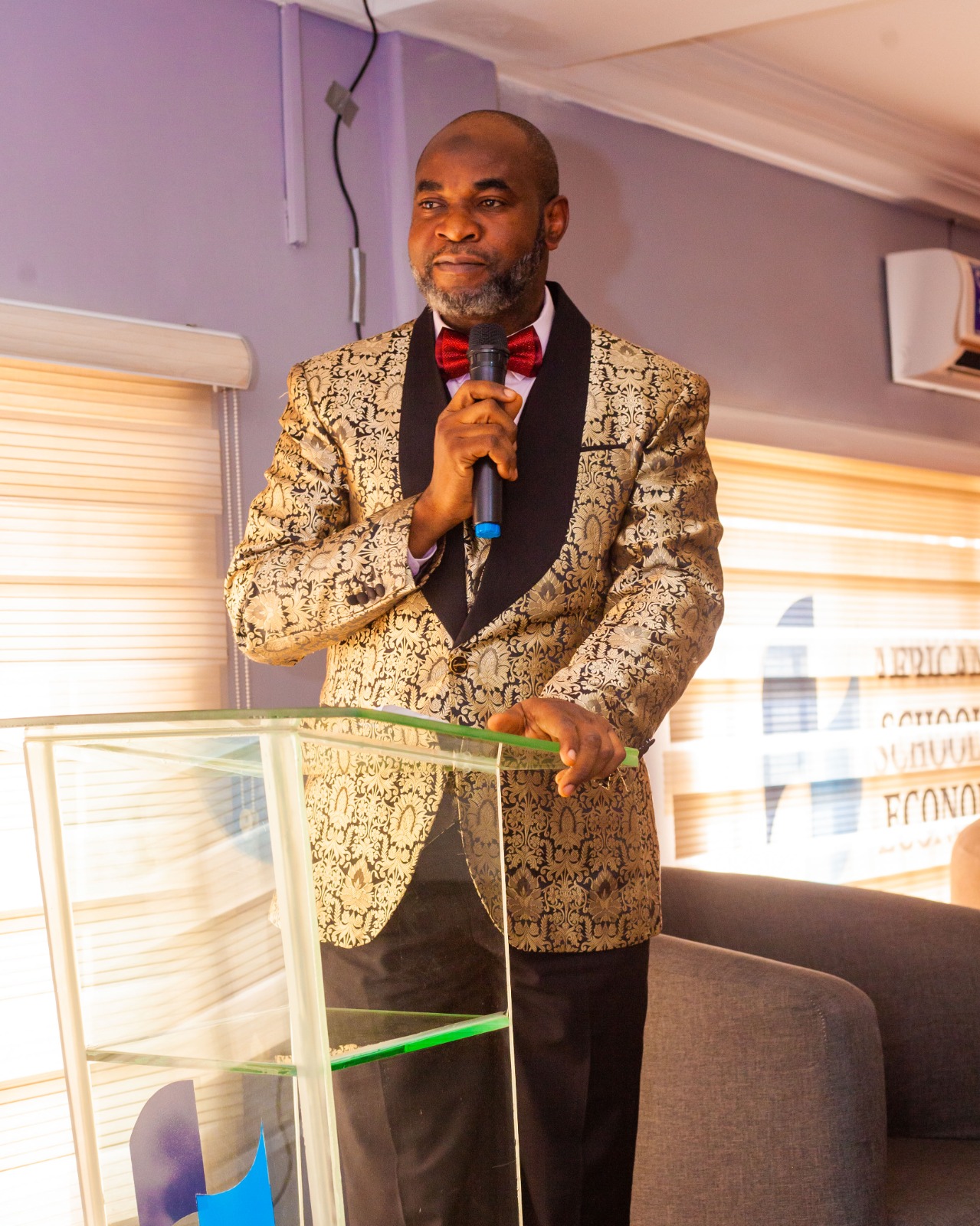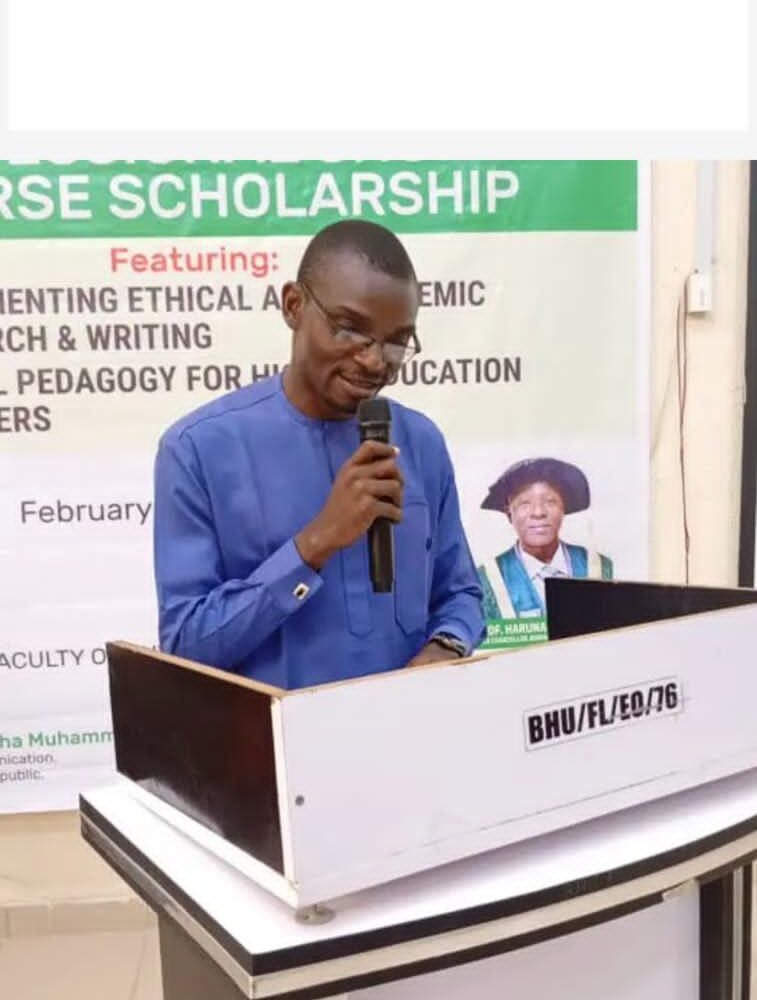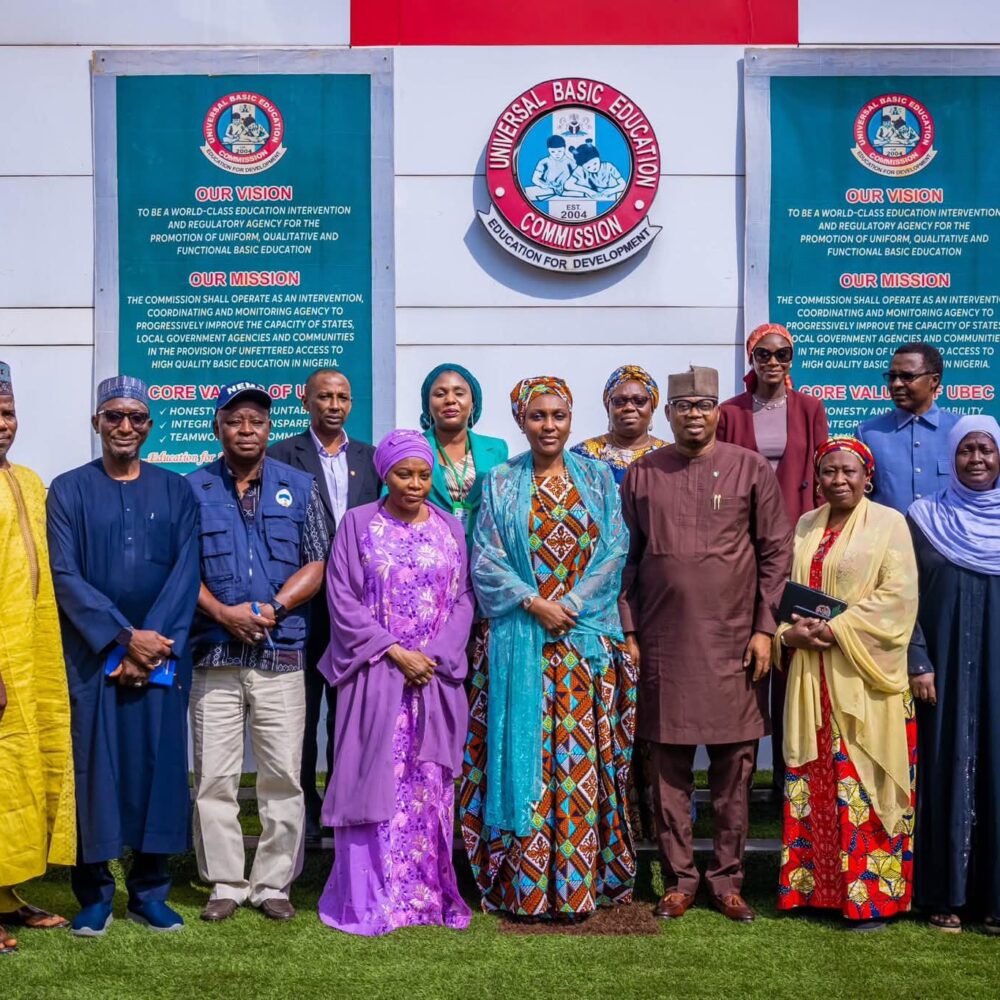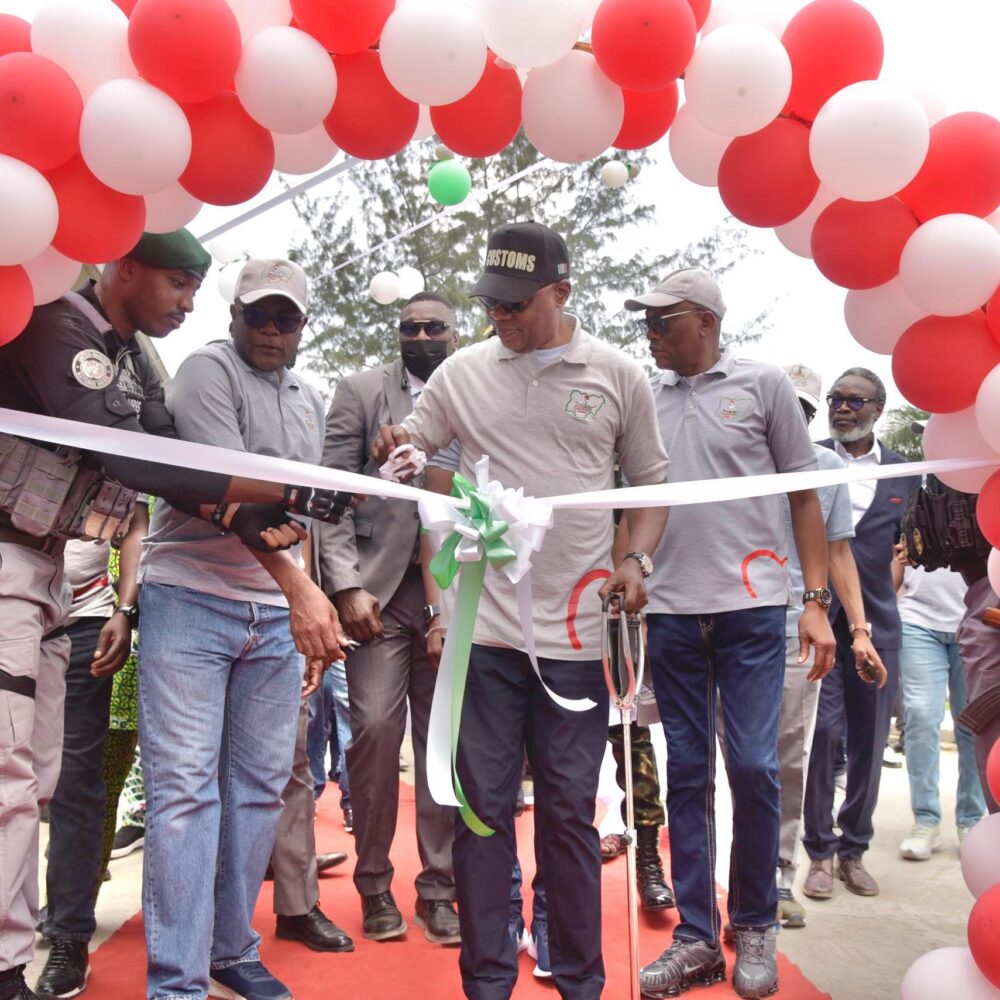The Vice-Chancellor of the African School of Economics (The Pan-African University of Excellence), Abuja, Prof. Mahfouz Adedimeji, has attributed the economic challenges in many African countries to the greed of their leaders. He called for a shift towards prioritizing the needs of the majority over the selfish interests of a few in leadership positions.
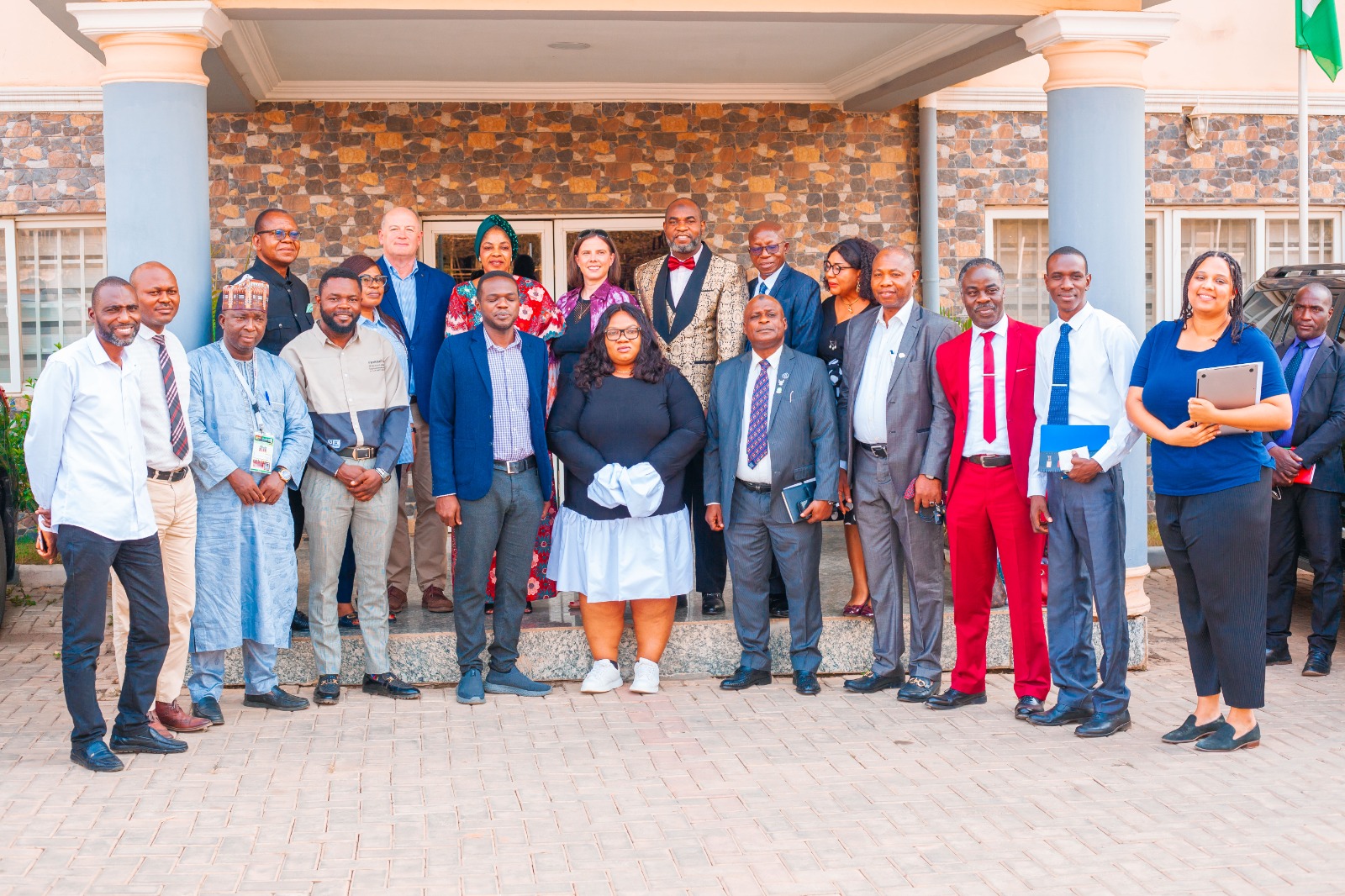
Prof. Adedimeji made this assertion while delivering his address, “Between Need and Greed,” at the 2nd Public Lecture of the university, held on Thursday, February 20, 2025. The lecture itself, titled “Economic Growth Models: The Irish Experience,” was delivered by Susan HayesCulleton of Ulster University, Belfast, Ireland.
According to the Vice-Chancellor, while many countries across the world develop sustainable economic models that improve the standard of living, the situation in Africa is often different due to greed and corruption. He, however, expressed optimism that Nigeria is making progress, noting that President Bola Ahmed Tinubu’s economic reforms, though painful, are yielding results. He highlighted the appreciating value of the naira in the forex market and the renewed confidence in the economy.
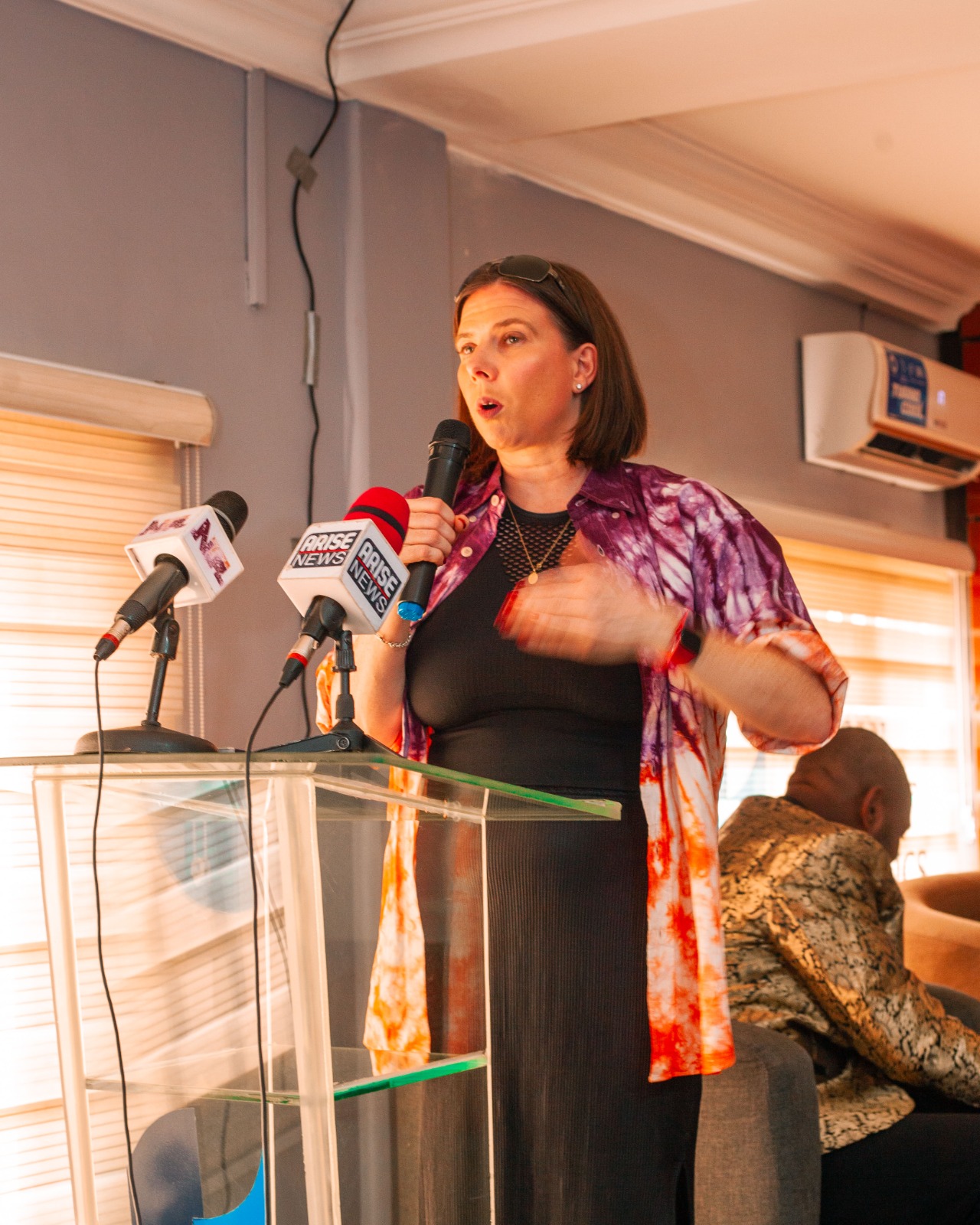
Prof. Adedimeji decried the growing desperation for wealth in Nigerian society, particularly among the youth, warning that it has led to an increase in crime, including ritual killings, fraud, and other social vices. He called for a holistic approach to human development, integrating education, social values, and innovation to address these issues.
He also emphasized the need for Nigeria to learn from countries like Ireland and China. Ireland, he noted, has undergone a remarkable economic transformation by embracing resilience, adaptation, and innovation. Meanwhile, China continues to set global standards in technological advancements, including the recent launch of its AI model Deepseek, testing of 6G internet, and plans for a kilometre-wide solar power system in space.
In her lecture, “Economic Growth Models: The Irish Experience,” Ms. HayesCulleton outlined key strategies for Nigeria’s economic progress, including collaboration, entrepreneurship development, and the adoption of artificial intelligence (AI).
She noted that Nigeria, like Ireland, has a vast diaspora network that can be leveraged for economic growth. She urged the country to improve business sustainability, build international partnerships, and equip its workforce with AI-driven skills to boost productivity.
“The Irish business culture thrives on global engagement, and Nigeria has the potential to do the same. With the right approach, Nigeria can tap into AI for business development, e-commerce, and sustainable energy solutions,” she said.
She further emphasized that AI’s rising energy demands require a strategic focus on sustainable power sources and workforce upskilling to fully harness its potential.
Earlier, Prof. Adedimeji reiterated that addressing greed among leaders is crucial to meeting the fundamental needs of the people—food, clothing, and shelter. He called for a shift from material obsession to character building, condemning the rise in kidnapping, fraud, and other crimes among young Nigerians.
He urged policymakers and economic planners to learn from Ireland’s transformation, highlighting resilience, collaboration, and innovation as key drivers of sustainable economic growth.
The event was attended by dignitaries, including the Irish Ambassador to Nigeria, Mr. Peter Ryan, the Pro-Chancellor of the African School of Economics, Princess Gloria Akobundu, and the Vice-Chancellor of Al-Hikmah University, Ilorin, Prof. Noah Yusuf, who chaired the occasion.


